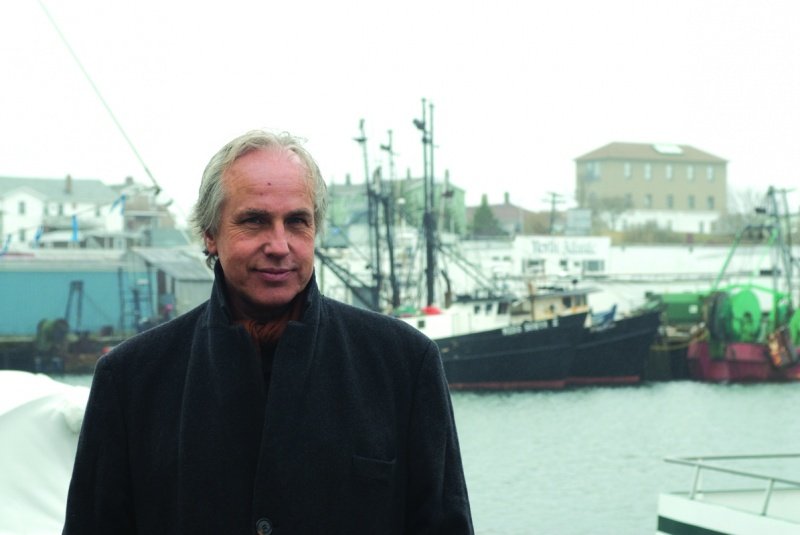Who Put the Con in Conspiracy?
The Truth about the Deep State; The Truth about Hillary; The Truth about the Virus; The Truth about Jesus. . . The internet, we know, is the perfect incubator for conspiracy theories. Countless molten brains boil over on Youtube, eagerly sharing their weltanschaung with the rest of the welt. Flicking across the web in a haze of distraction, I paused at an intriguing site proposing to provide a key to all conspiracies. But, in our meta-world, nothing is as it appears. What advertised itself as a site devoted to conspiracy theories turned out to be one committed to countering them. Its videos identify the iconography of various clandestine and esoteric groups, displaying an array of ominous images, from Masonic protractors and third eyes to black and white photographs of luminous hovercraft. Members of the so-called “Truth Movement” scouring the web for clues about who really runs the world might be seduced by the promise of the key only to be told these memes are deliberately planted to distract us from what really matters: the particulars of our own lives. As if my life amounted to a hill of beans alongside the plot against America. I believe there’s a conspiracy to undermine the conspiracy-minded.
Etymologically, the verb “to conspire” yokes two Latin words, “con” meaning “with,” and “spirare,” meaning “to breathe.” Conspirators breathe together as they pursue a common goal: the assassination of Caesar, for instance.
What is a conspiracy theory but an attempt by the powerless to identify those invisible vectors of force bearing down on them, dictating so many of their life choices? The subject rises to the surface of awareness when imbalances have grown so extreme they have become impossible to ignore.
I once asked the semiotician turned novelist Umberto Eco why, in his final Eliot Norton Lecture, he’d chosen to descry the adolescent nature of conspiracy theories. Because, he replied, his generation had failed to rise to the challenges of its age. It remained politically immature by choice, preferring theory to action. He didn’t say this ironically. In effect — these are not his words — his generation blew their chance to lead, and now the Andreottis and Bushes of the world were in charge. Eco, with his salt-and-pepper beard and Pavarotti physique, was a nimble and relaxed dinner guest. Imagining conspiracy theories, he said while sipping his red wine, was a way of deflecting responsibility. Politics is hard work, he stressed. We were lazy, he sighed and tossed back his drink. I disagreed but was too timid to say so.
I should have countered that surely he knew better than anyone that society operates on a system of interlocking conspiracies evolved by the one percent to maintain the status quo for their own benefit.
During Covid, as that status quo degrades before our eyes, we discover what lies below the surface of things: a monstrousness so unfathomable we haven’t yet found a language to properly describe it. What words might adequately convey, what images could possibly evoke, the state to which the cultivated greed of our one-percenters has brought our planet? Before the economic debacle ushered in by the corona virus, a front-page story the New York Times noted that no less than a million species hovered on the edge of extinction. Now add to that list of species the old who dwell in nursing homes and of course the poor worldwide. Is it conspiratorial to believe that the forces behind Citizens United united for a common cause?
Anyone wishing to maintain that the economic imbalance across the globe is accidental would do well to read Naomi Prins’ Collusion. A former banker turned journalist, Prins details the ways in which governments schemed with bankers internationally to ensure that their own organizations and supporters stood above the economic deluge they had created while millions of average citizens drowned in an ocean of bad debt.
My generation, which came of age in the seventies, had plenty of political opinions. Unfortunately, we too have failed at politics.
The wittiest conspiracy theory I’ve discovered on the web insists that we’re all victims of a spell we fell under the moment we entered public school and were taught to read and write. Why do you think they call it spelling?
Askold Melnyczuk’s book of stories, The Man Who Would Not Bow, appeared in 2021. His four novels have variously been named a New York Times Notable, an LA Times Best Books of the Year, and an Editor’s Choice by the American Library Association’s Booklist. He is also co-editor of From Three Worlds, an anthology of Ukrainian Writers. His published translations include work by Oksana Zabuzhko, Marjana Savka, Bohdan Boychuk, Ivan Drach, and Skovoroda. His shorter work, including essays, stories, and reviews, have appeared in The Paris Review, The New York Times, The Missouri Review, The Times Literary Supplement (London), The Los Angeles Times, The Harvard Review and elsewhere. He’s received a three-year Lila Wallace-Readers’ Digest Award in Fiction, the McGinnis Award in Fiction, and the George Garret Award from AWP for his contributions to the literary community. As founding editor of Agni he received PEN’s Magid Award for creating “one of America’s, and the world’s, leading literary journals.” Founding editor of Arrowsmith Press, he has taught at Boston University, Harvard, Bennington College and currently teaches at the University of Massachusetts Boston. Most recently he has been organizing readings in support of writers in Ukraine, as well as interviewing writers for his For the Record series which appears online at Agni Online (https://agnionline.bu.edu/blog/for-the-record-conversations- with-ukrainian-writers/), as well as on Arrowsmith Press’s website.


